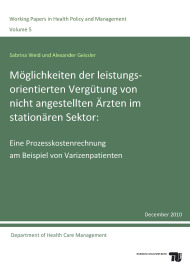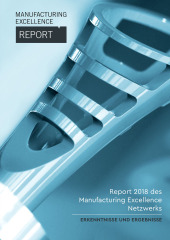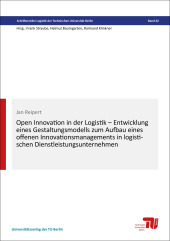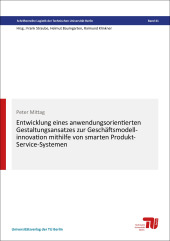Möglichkeiten leistungsorientierter Vergütung von nicht angestellten Ärzten im stationären Sektor
Eine Prozesskostenrechnung am Beispiel von Varizenpatienten

Format: 21,0 x 29,7 cm
Publishing year: 2011
A great deal of discussion has taken place about the extent to which Germany is currently experiencing a shortage of physicians. The undersupply of health professionals in rural areas, however, is undisputed and, in some cases, dramatic. This stands in stark contrast to the oversupply of physicians in private practice in urban areas of this country. A similar trend is observable in hospitals across Germany, and has led to the implementation of various models testing new forms of employment and cooperation with contract physicians. Common to all of these models is their aim to purchase medical expertise and cover peaks in demand. This situation raises numerous questions, ranging from the appropriateness of different legal frameworks to the feasibility of introducing performance-based reimbursement. The present paper discusses these questions based on a real case study and employing an activity-based accounting approach. This makes it possible to calculate which share of a given case-fee payment a contract physician should receive to reflect accurately the work he or she has performed. Our findings show that contract-based employment can be profitable for both hospitals and contract physicians. It appears likely that these forms of cooperation will become increasingly common, potentially bridging the gap between ambulatory and hospital care that has characterized the health system in Germany for the better part of a century.



